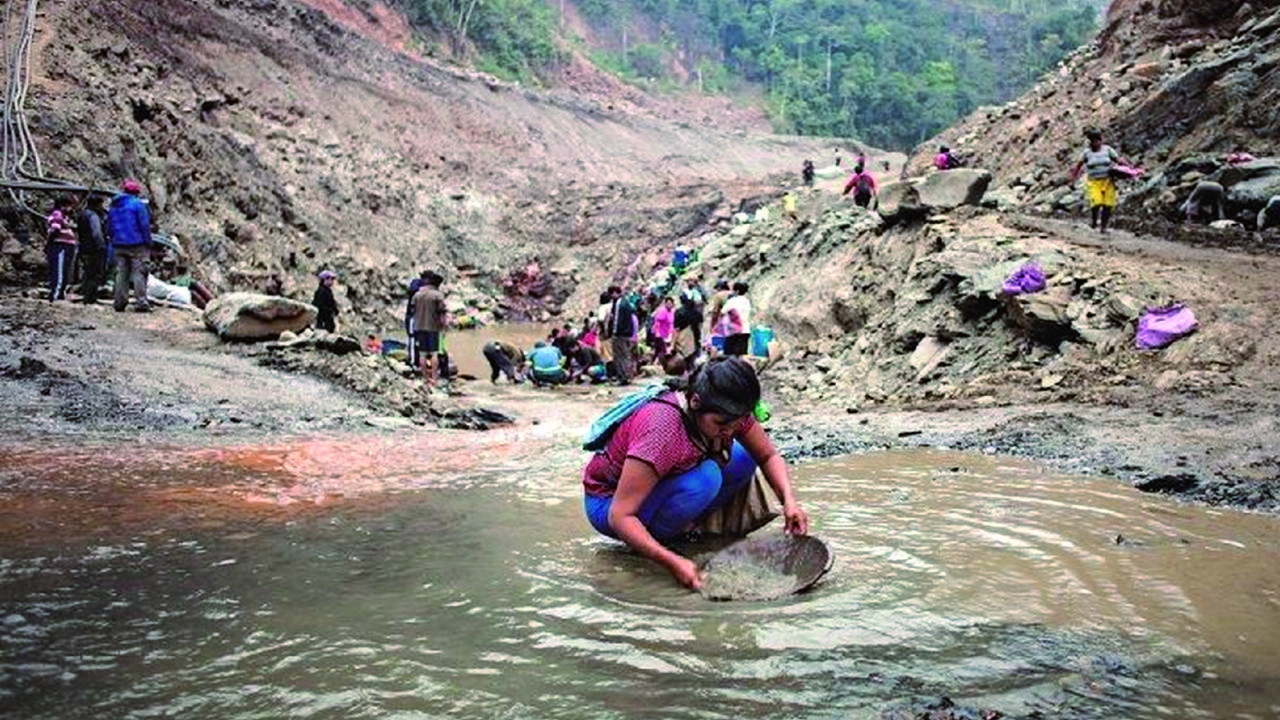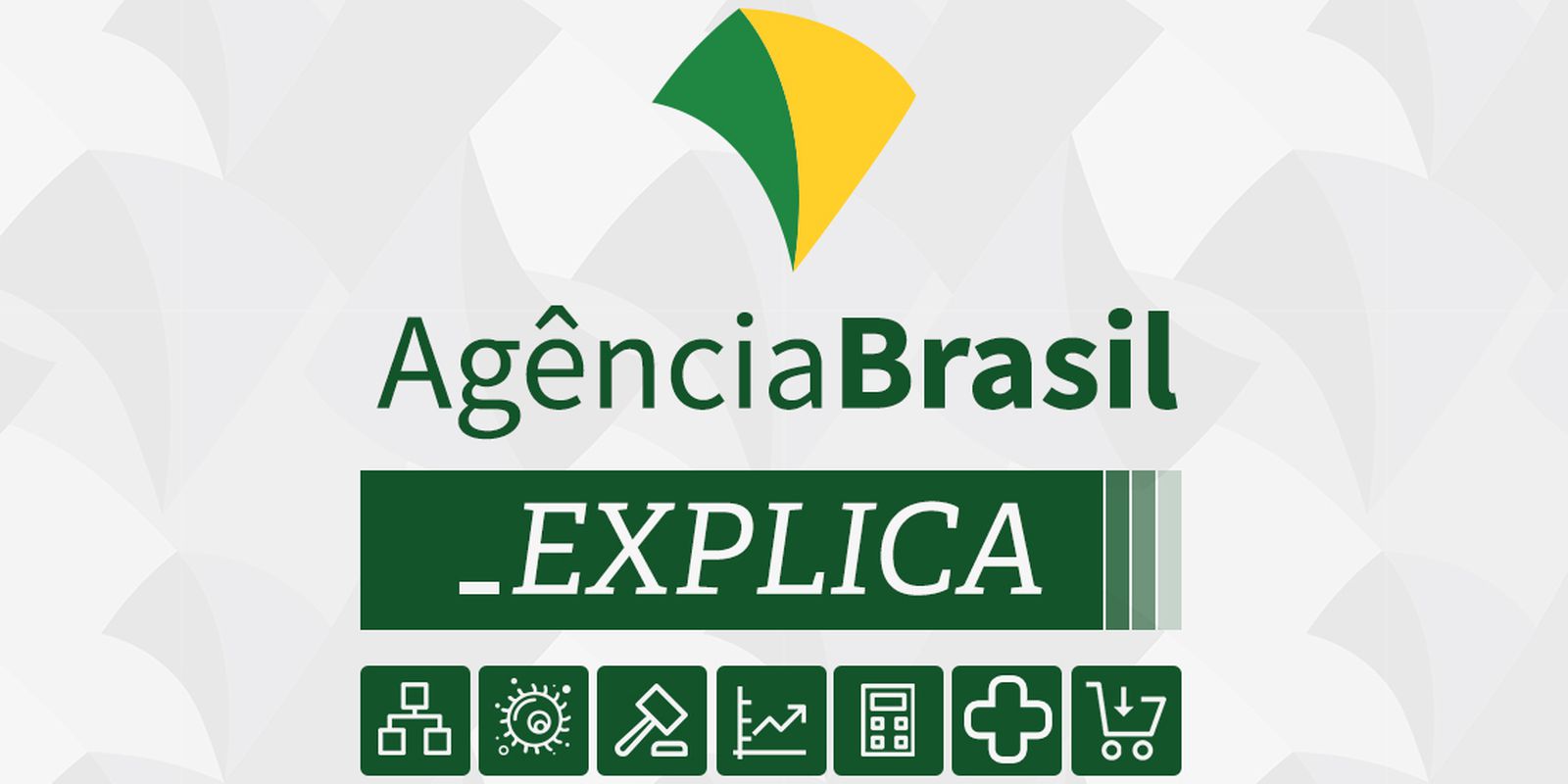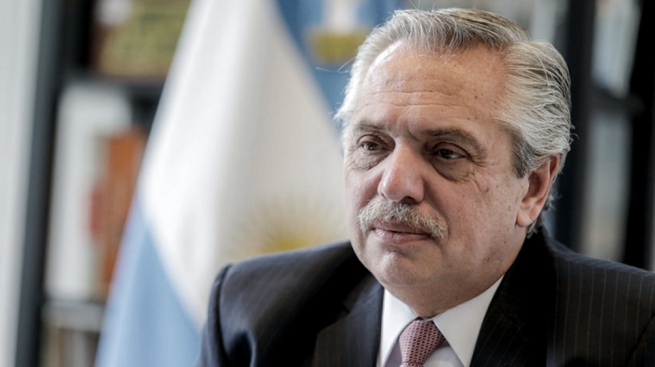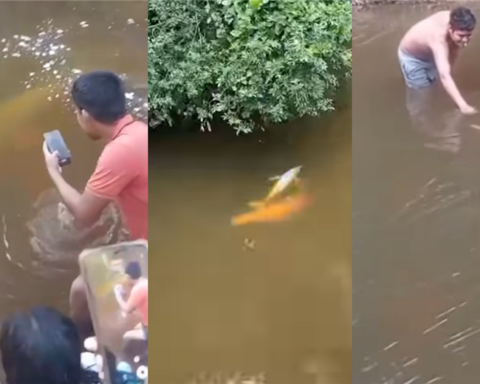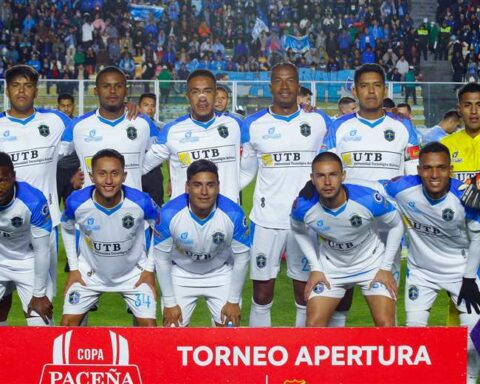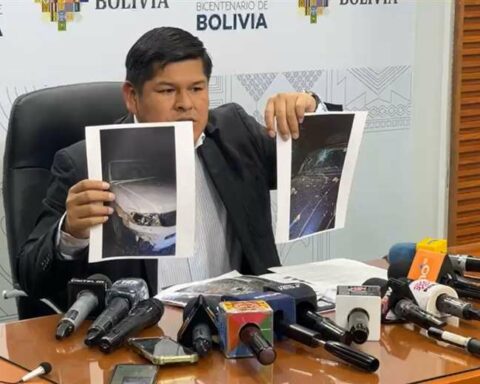Page Seven / La Paz
The United Nations Organization made a strong call to the government of Luis Arce for not taking action or regulating the use of mercury and its illegal transit to other countries for artisanal gold mining, which is causing serious health problems to the indigenous populations.
The observations are contained in a letter sent to the Bolivian State on September 28, 2021 by Marcos Orellana, special rapporteur for the implications for human rights of the environmentally sound management and disposal of hazardous substances and wastes, and José Francisco Cali, special rapporteur on the rights of indigenous peoples.
The letter indicates that in Bolivia there is a lack of regulation on the trade and use of mercury, that the State has not produced data since 2014 on this matter, that the Government rejects the requests of indigenous leaders who request reports on this issue, that there is no follow-up or registration of the flow of mercury, that the country is a transit point for other countries because it is easy to import this chemical, that despite having signed it, Bolivia does not apply the Minamata agreement on mercury and, on the contrary, issues regulations that They encourage mining with mercury.
“We would like to point out our deep concern about the excessive increase in the importation and use of mercury in Bolivia, with serious consequences on the environment, people’s health, the disproportionate effect on the contamination of indigenous territory, and the lives and health of indigenous peoples ”, indicate the signatories.
Without a specific law that regulates its commercialization and use, mercury in mining activities in Bolivia threatens the lives of indigenous peoples, such as the esse ejja. Likewise, the fact that imports into the country have soared since 2015, set off the alarms of the United Nations (UN), which warned that Bolivia could be a center for mercury “trafficking” to other countries in the region. .
Despite the fact that, through Law 759 of November 17, 2015, the Bolivian State ratified the “Minamata Convention on Mercury”, signed in Kumamoto, State of Japan, on October 10, 2013, the UN observes that the country does not It has a specific regulation on mercury nor a national action plan to deal with the serious health and environmental problems caused by the use of mercury in artisanal and small-scale mining.
“It is alarming that Bolivia to this day does not have a specific and effective regulation to adequately control the importation, commercialization and use of mercury,” a letter reads.
In the letter, the UN representatives also request a dozen responses from the Bolivian State on the impact of the use of mercury on indigenous peoples, the measures implemented by the State to guarantee the right to health of the miners, the measures to prevent the impact on the environment, the control measures to deal with the illegal mercury trade and the steps to apply the Minamata agreement, among others. After 70 days, no response was received, according to Orellana.
Last week, in addition, Álex Villca, spokesperson for the National Coordinator for the Defense of Indigenous Peasant Territories and Protected Areas (Contiocap), delivered a symbolic letter to Luis Arce, demanding that he respond to the UN’s questions.
“There is a very alarming contamination situation in our country due to the use of mercury in mining activity, especially in the Beni River basin, where the Esse ejja indigenous population is one of the most affected by mercury contamination, given that their diet is mainly based on the consumption of fish ”, he warned.
“We have collected worrying information about the excessive increase in the importation and use of mercury in the country. This situation has very serious consequences on the environment and human rights of various indigenous communities, ”Villca’s letter reads.
In this regard, Óscar Campanini, director of the Bolivian Documentation and Information Center (Cedib), said that the State has known since 2014 that women of childbearing age from the Esse Ejja indigenous people presented “extremely high” levels of mercury contamination in their bodies. He referred that the World Health Organization (WHO) established that the maximum levels of mercury should be 1 ppm (part per million), that is, one milligram per kilo, but that women presented up to 8 ppm.
However, this is not the only problem identified in relation to mercury in the country. Another aspect that the UN observed is that, due to the high levels of imports of this element, Bolivia could be a center of mercury trafficking to other countries in the region.
According to data from the National Statistics Institute (INE), reflected in the Cedib study entitled The Mercury Business in Bolivia, the country went from importing 12.7 tons per year of mercury in 2014 to 151.4 tons per year in 2015. The following years the importation oscillated in approximately 200 tons per year.
“That amount makes us, since 2015, the second largest importer of mercury in the world,” Campanini warned, indicating that Bolivia is only below India in terms of importing that metal.
Without alternatives, regulations do not prosper in three governments
“With cyanide we need special equipment, special controls and technical people to manage the process and with centrifuges we need special equipment, do maintenance and use additional fuel,” he said.
However, he pointed out that in 2012 an attempt was made to innovate in alternative methods to mercury from Comibol in San Ramón, but that this did not advance due to changes in authorities that prevented the project from continuing.
In addition to this effort, in 2018 the Ministry of the Environment and the Ministry of Mining drew up a draft supreme decree to regulate the importation of mercury, but it did not prosper during three governments, according to the director of Cedib, Óscar Campanini.
“In the last three government administrations, by Evo Morales, Jeanine Añez and Luis Arce, this proposal was presented within the executive and within the executive it was rejected,” he said.

